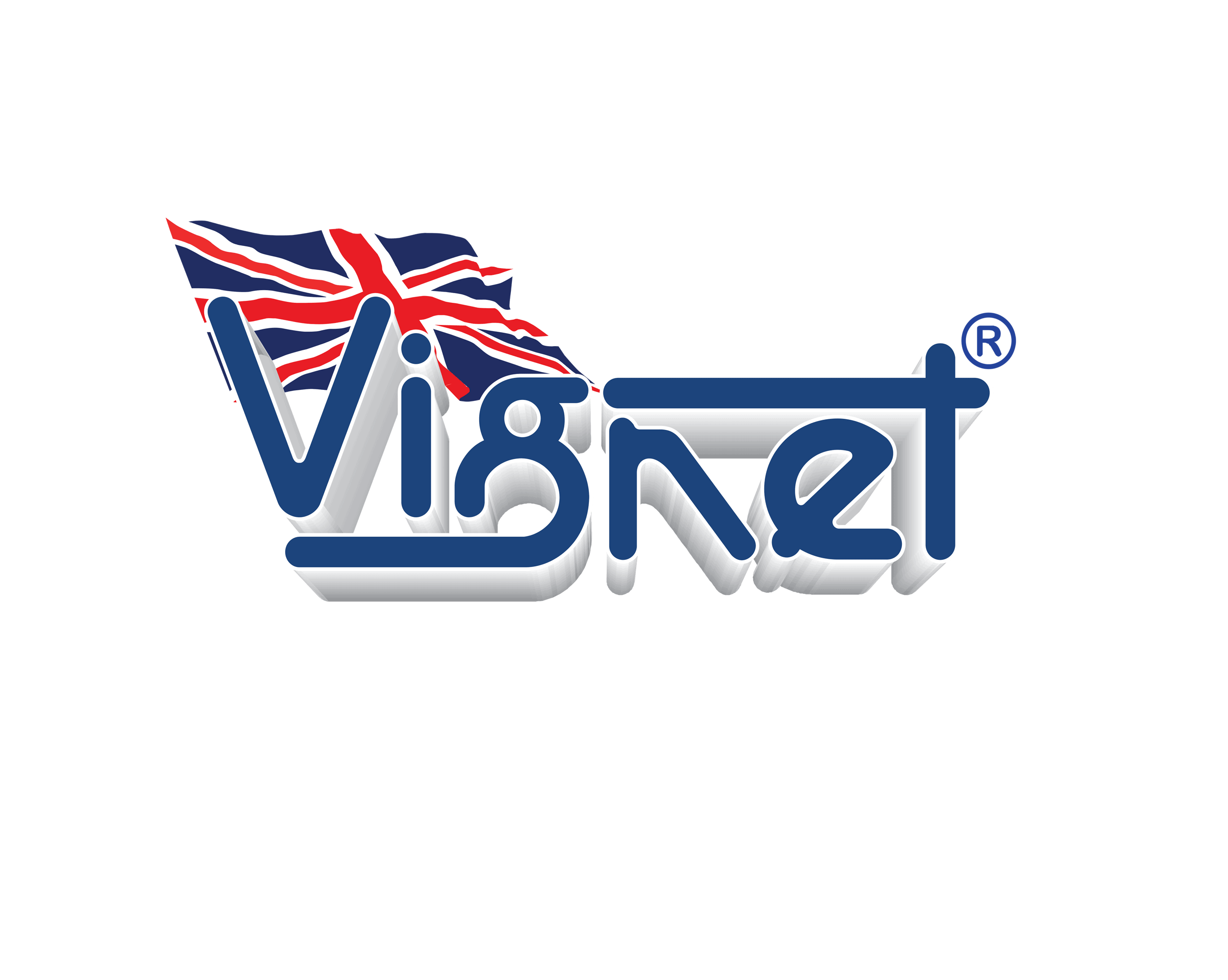Introduction:
Medicine addiction is a complex and serious issue that impacts people, people, and communities worldwide. It is a chronic, relapsing mind condition characterized by compulsive medication looking for and make use of despite harmful effects. This report aims to offer a short history of medication addiction, its factors, effects, and possible solutions.
Factors that cause Drug Addiction:
There are numerous factors that play a role in medication addiction. The initiation and intensity of drug usage could be affected by hereditary, ecological, and emotional elements. Some people could have a greater vulnerability to be hooked considering genetic predispositions. Environmental facets, such as for instance peer force or exposure to drug supply, may play a substantial role. Also, mental health conditions, youth injury, and stress can increase the possibilities of developing an addiction.
Effects of Drug Addiction:
Drug addiction has devastating consequences not merely the people suffering from it also for their loved ones and communities. It leads to actual and psychological harm, including organ damage, reduced cognitive purpose, and increased threat of mental health problems. Long-term drug abuse can severely influence ones own individual interactions, employment opportunities, and overall well being. Furthermore, medicine addiction places a significant burden on health care systems and plays a role Rehabs In Thailand unlawful tasks and social uncertainty.
Worldwide Effect:
Drug addiction is an international crisis affecting nations throughout the world. According to the us Office on medication and Crime (UNODC), roughly 269 million folks global used medications at least one time in 2018. Moreover, an estimated 35 million people undergo medicine usage conditions, with opioid addiction becoming a significant issue. The commercial expenses of medication addiction are staggering, including health care expenses, lost productivity, and criminal justice expenses.
Protection and Treatment:
Prevention methods are necessary to tackling medication addiction. Education and awareness programs that focus on the dangers of medication usage can help deter people, specially young people, from trying out drugs. Furthermore, guidelines that restrict drug supply and control prescription practices can play a substantial part in preventing drug use.
About therapy, a comprehensive strategy that features health, mental, and personal treatments is really important. Detoxification, counseling, and behavioral therapies are commonly utilized treatments. Medication-assisted treatment (MAT) can be effective, particularly for opioid addiction. But usage of these treatments stays restricted in lots of areas, which makes it required to deal with barriers to treatment accessibility and affordability.
Conclusion:
Medicine addiction is a complex societal issue that presents significant challenges around the world. Its factors are multifaceted, including genetic, ecological, and emotional factors. The consequences of addiction tend to be harmful to individuals, people, and communities, affecting real and mental health, relationships, and socio-economic stability. Protection efforts, coupled with comprehensive therapy approaches, tend to be important for dealing with this crisis successfully. To fight drug addiction, a collaborative work between governing bodies, health providers, communities, and individuals is needed to boost understanding, provide assistance, and improve access to therapy resources. Just through concerted efforts can we hope to alleviate the duty of medicine addiction and pave just how for a healthy and brighter future.
